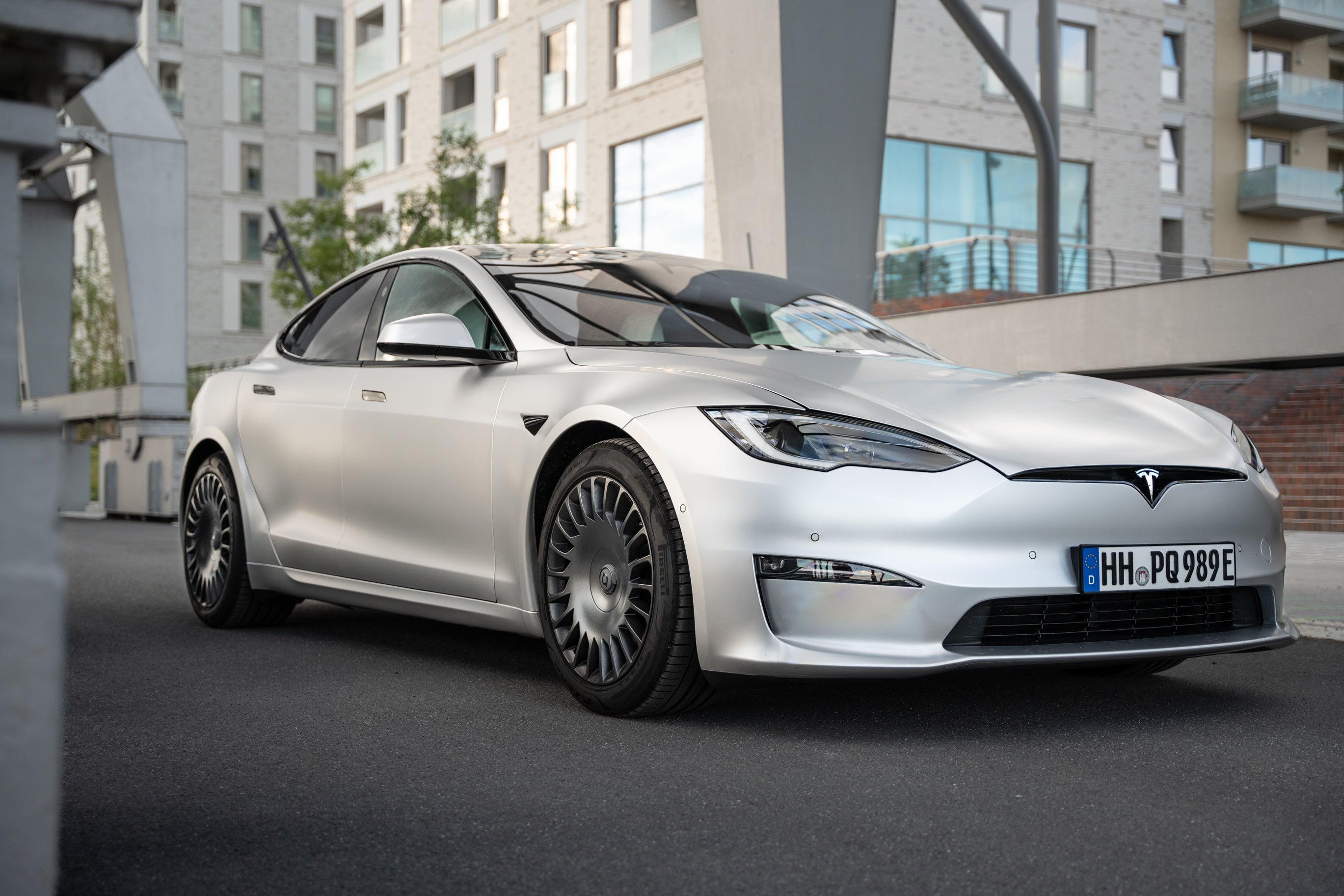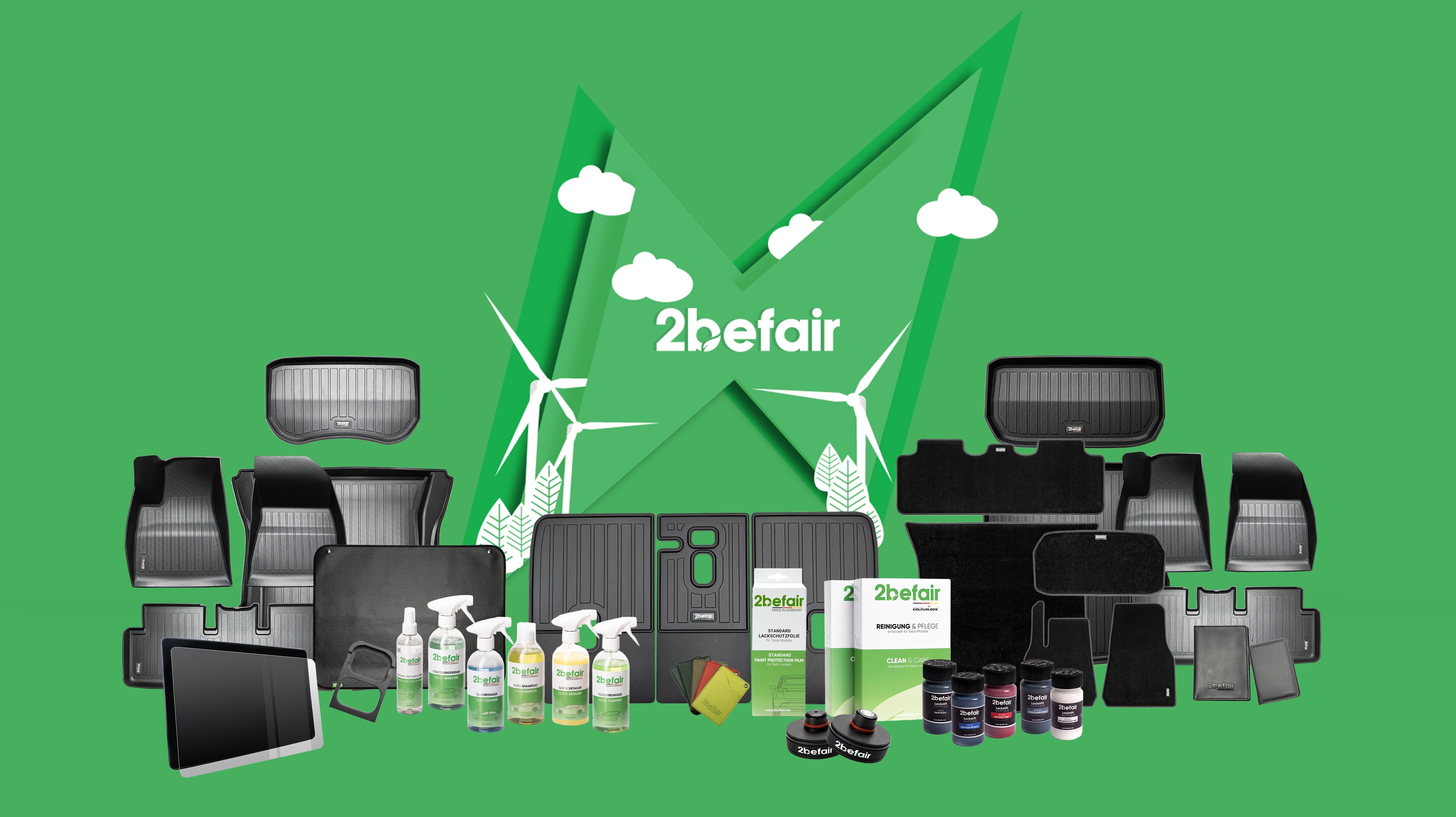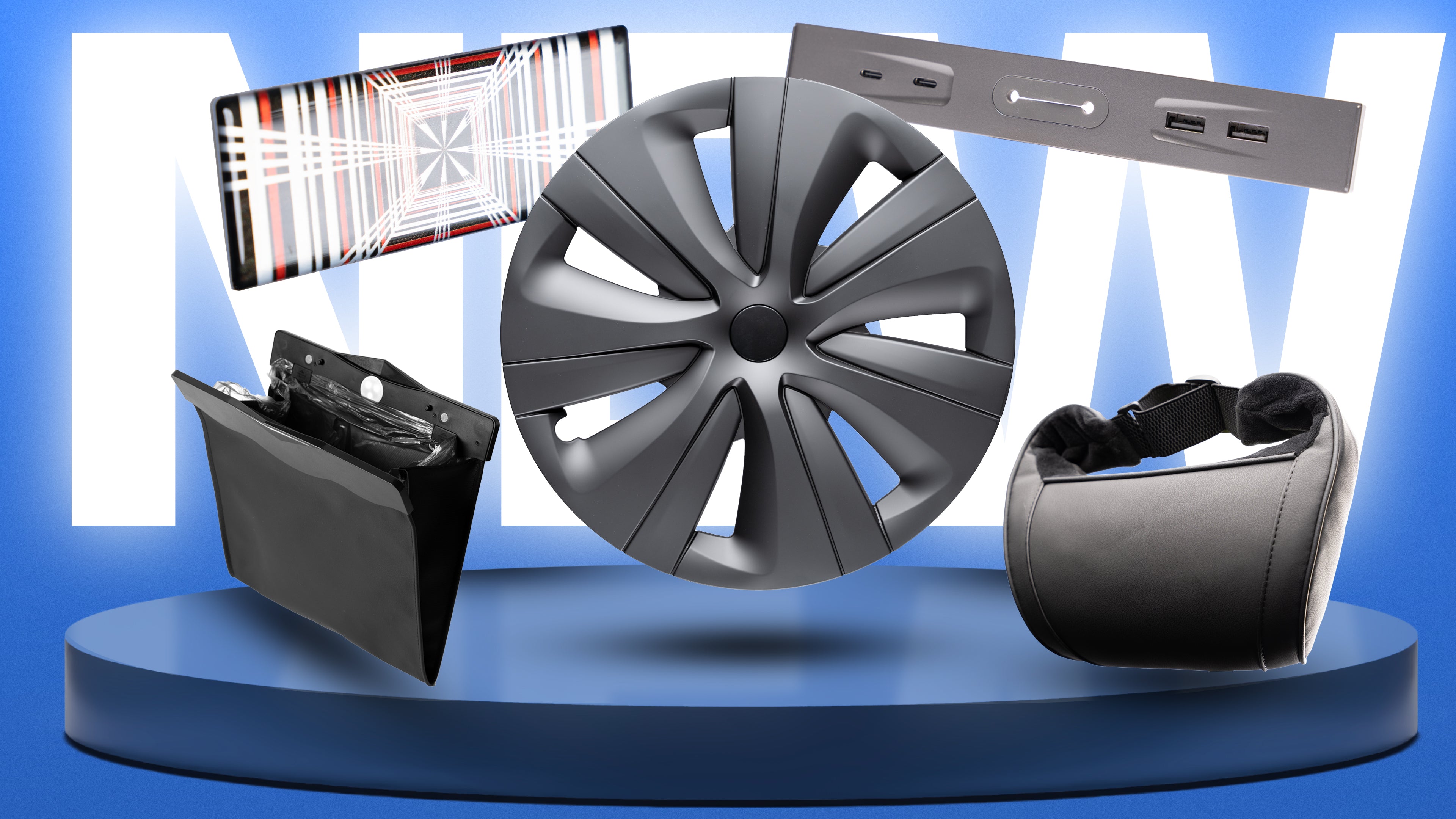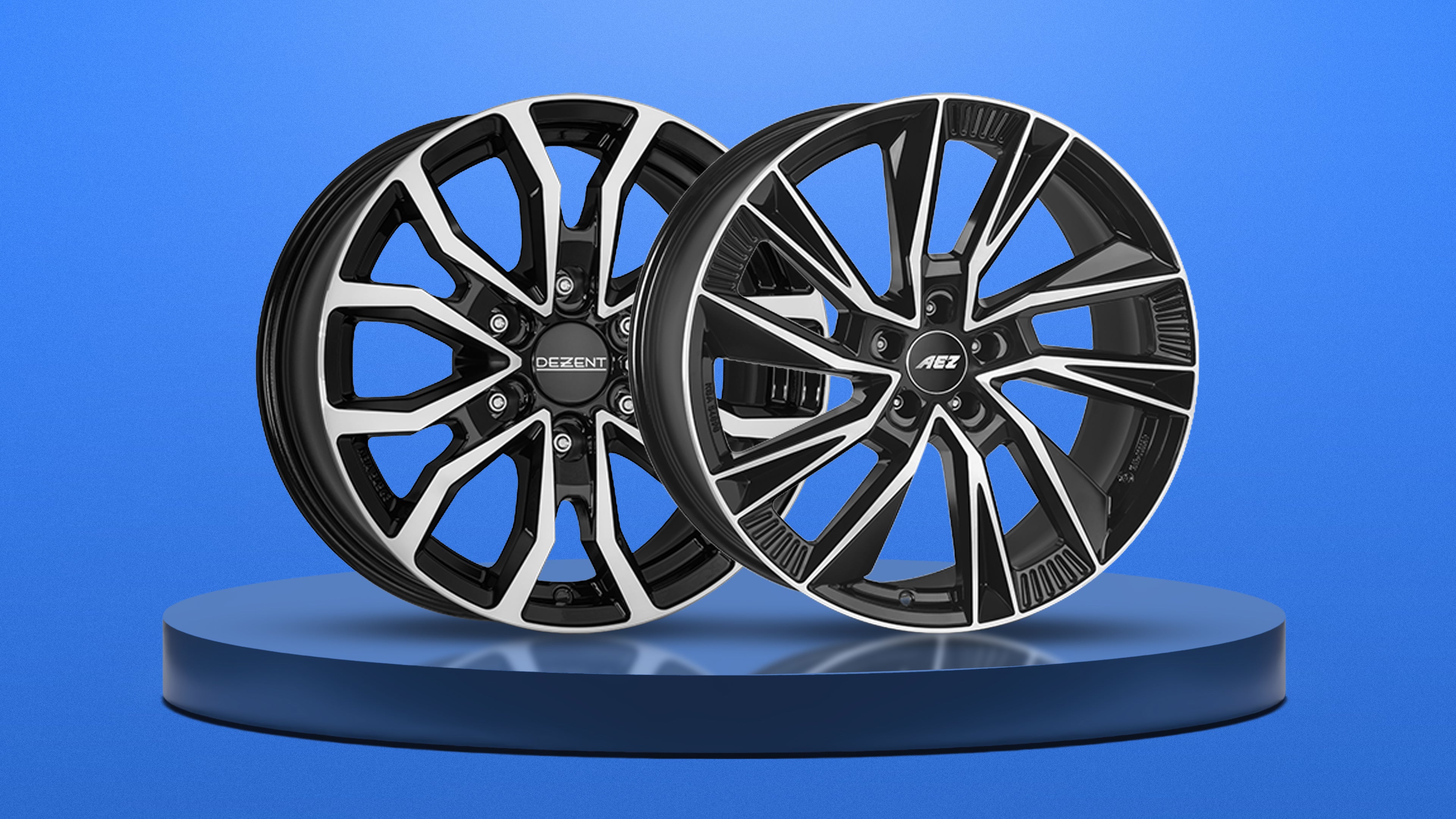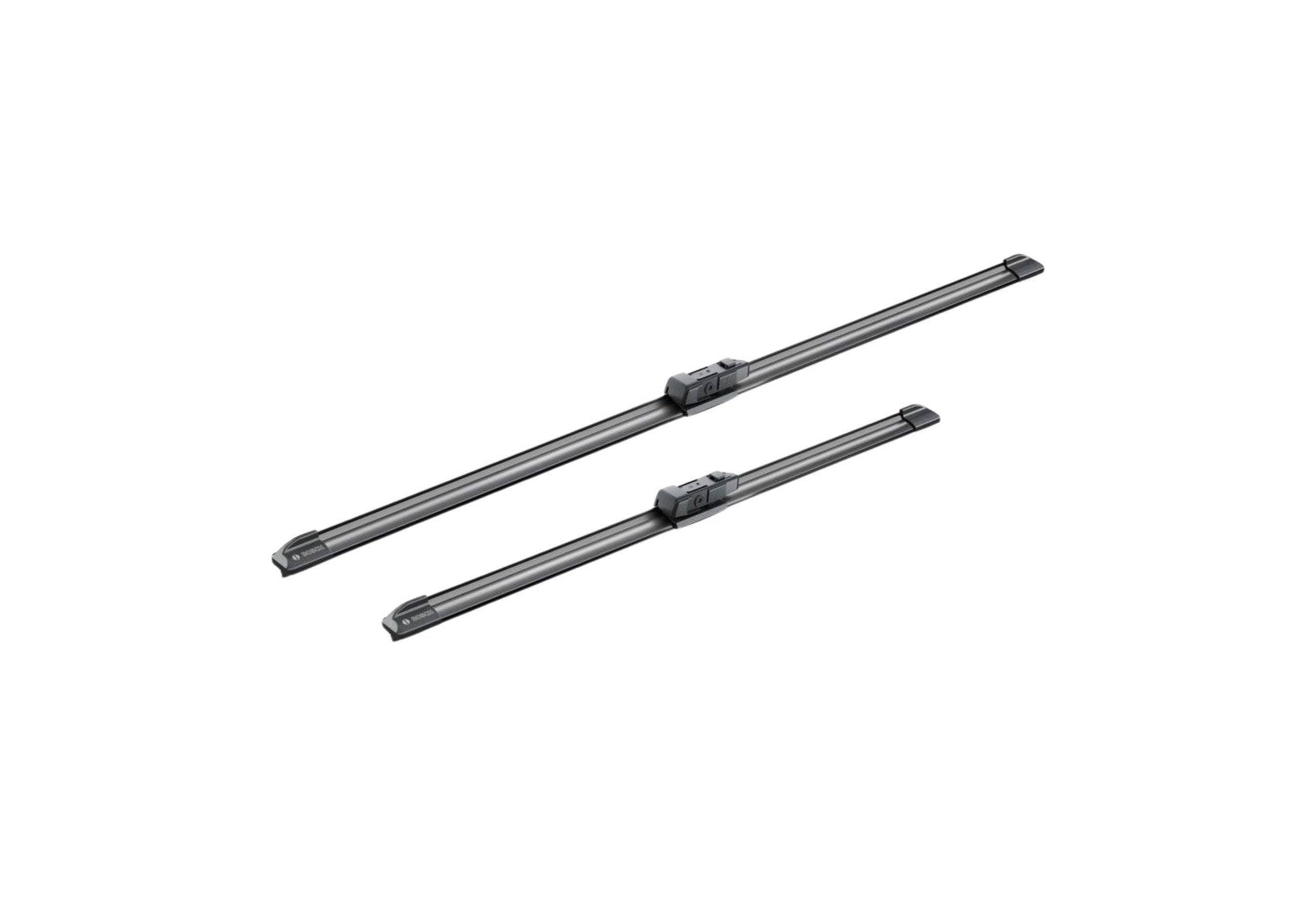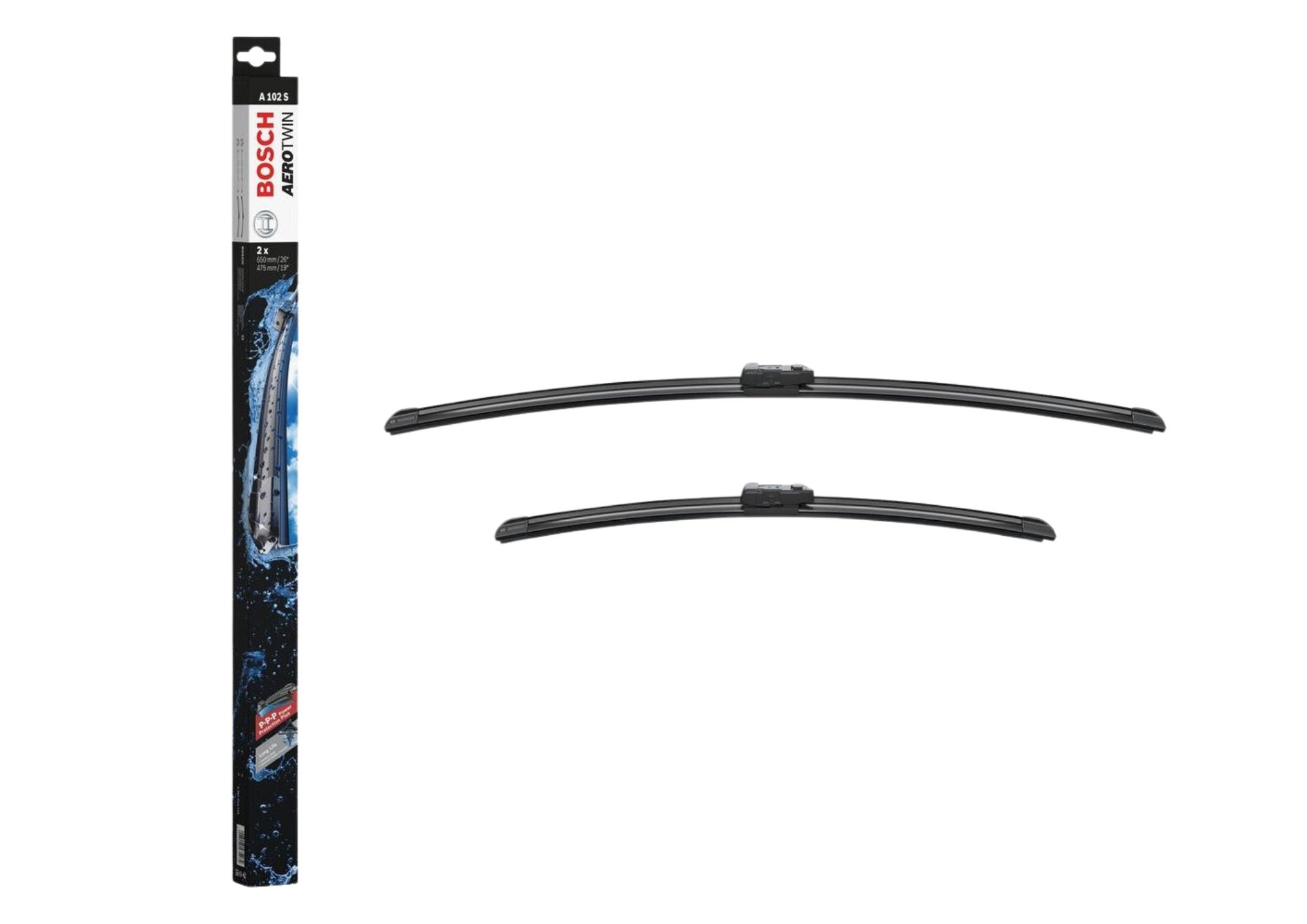The latest EV satisfaction study 2024 shows that the satisfaction of the electric car drivers is increasing again. While Tesla Furthermore, others are rather disappointing.
Increasing satisfaction among e-car drivers
After a phase of disappointment last year, the current EV satisfaction study by the consulting and market research company Uscale shows that the satisfaction of e-car drivers increases again. The Net promoter score (NPS)-a key figure for the willingness to recommend-rose from 18 points to 24 points last year.
Improved range and loading speed
E-car manufacturers have further developed their models to meet the increased customer expectations. 38 % of the drivers confirm that their vehicles have a summer range of over 400 km, compared to 27 % in 2023. In addition, 58 % of the electric cars now support a DC charging power of 150 kW or more, a significant increase of 41 % last year.
Challenges when charging and with the Connect app
Despite the progress, there are still challenges. 75 % of the respondents already had problems loading their vehicles, for example due to unexpected demolition of the charging process. In addition, 54 % of e-car drivers report difficulties with the Connect app, including long response times and lack of functions.
Brand -specific differences
Satisfaction varies greatly between the car brands. Tesla leads the ranking: 71 % of the Tesla-Drivers would recommend their vehicle, only 5 %. At the other end of the spectrum, Peugeot is located, where only 3 % of the drivers recommend their model and advise 62 % of them.
Strengths and weaknesses of the car brands
- Tesla: Convinced with electrical functions, but has minor quality problems.
- Hyundai/Kia/Genesis: High charging services, but weaknesses in route planning.
- BMW and Mercedes: Strong software and connectivity, but weak range and charging capacity.
- Polestar and Volvo: Leading route planning and navigation, but high consumption.
- Volkswagen Group: Many software problems and low charging power, except Porsche.
- ford: Good reach, high consumption and inadequate charging capacity.
- Mini: Good software, but a small reach.
- Smart: High range, but need for action in the event of consumption, route planning and software.
- Byd: Low charging capacity, but convincing Connect app.
- Renault and Dacia: Low charging capacity, long loading times.
- Mg: Good reach, considerable deficits in software, route planning and operation.
- Stellantis brands (Citroen, Peugeot, Opel, Fiat): Significant software and connectivity problems.
Methodology of the EV satisfaction study 2024
The EV satisfaction study 2024 was carried out from May to July and is based on the answers from 4,966 participants who were recruited via social media channels. This cross-sectional study is part of the USCALE study portfolio for permanent examination of the Customer Journey by EV drivers and has been carried out for the fifth time.















